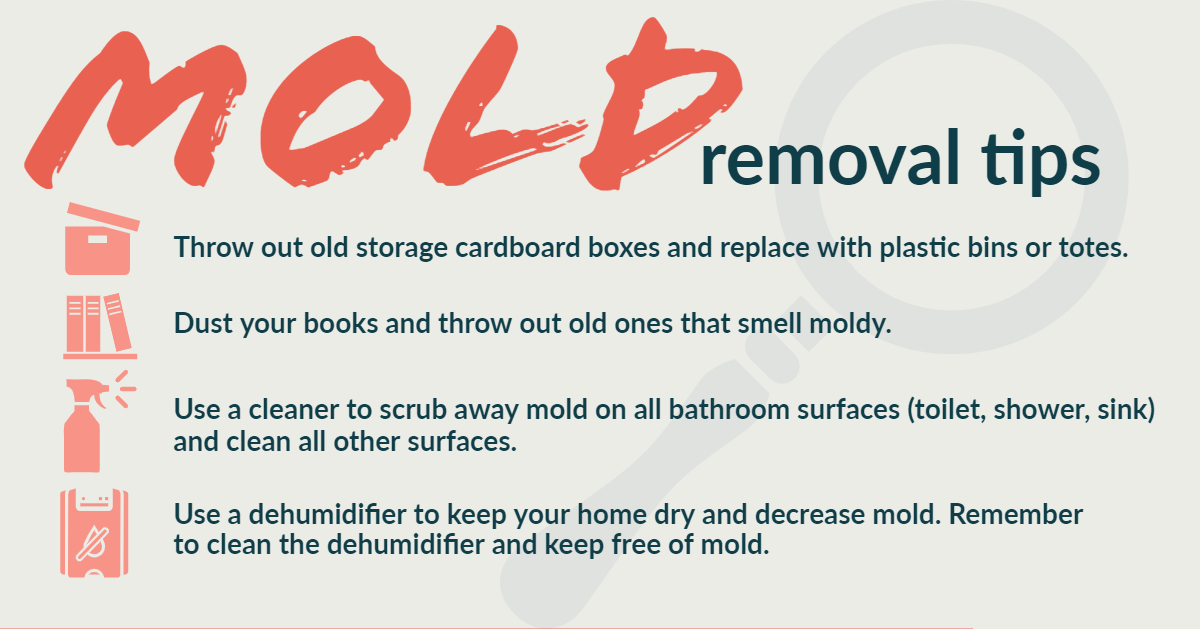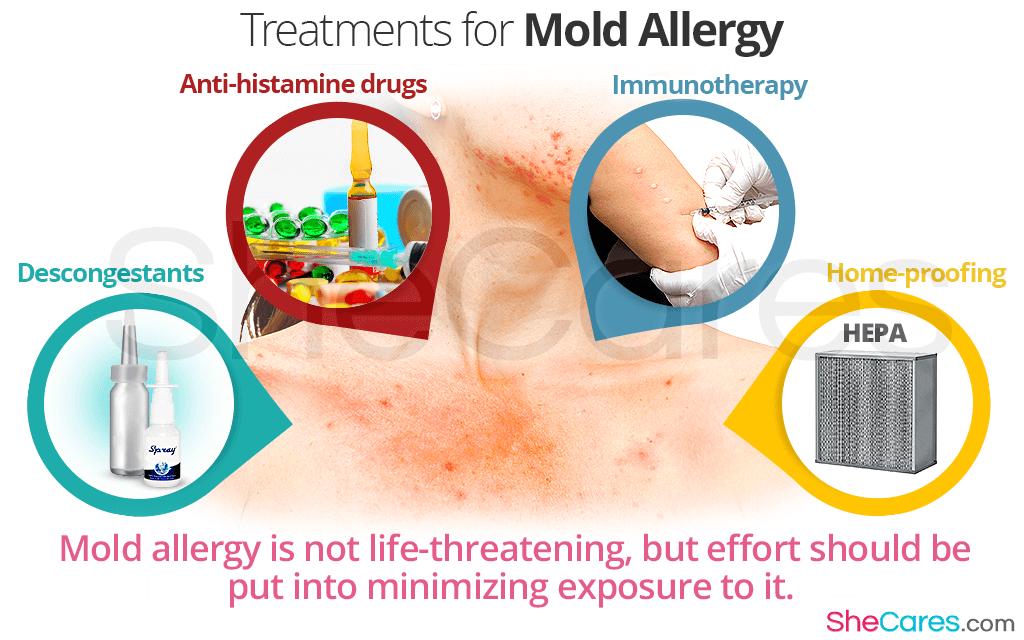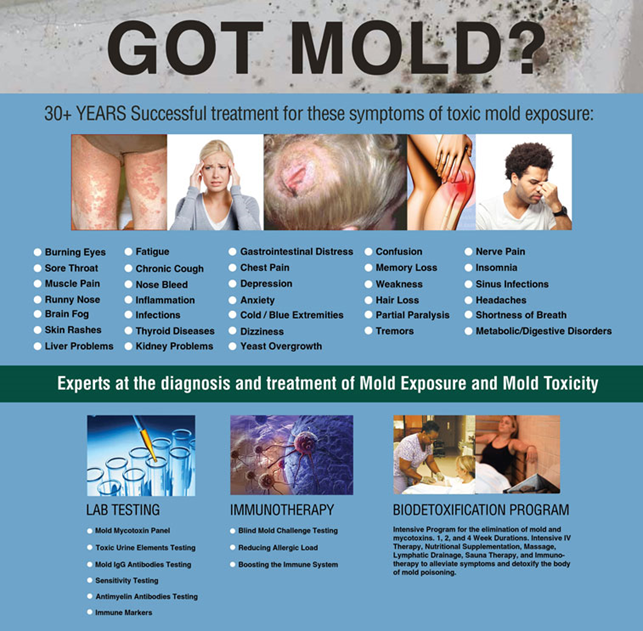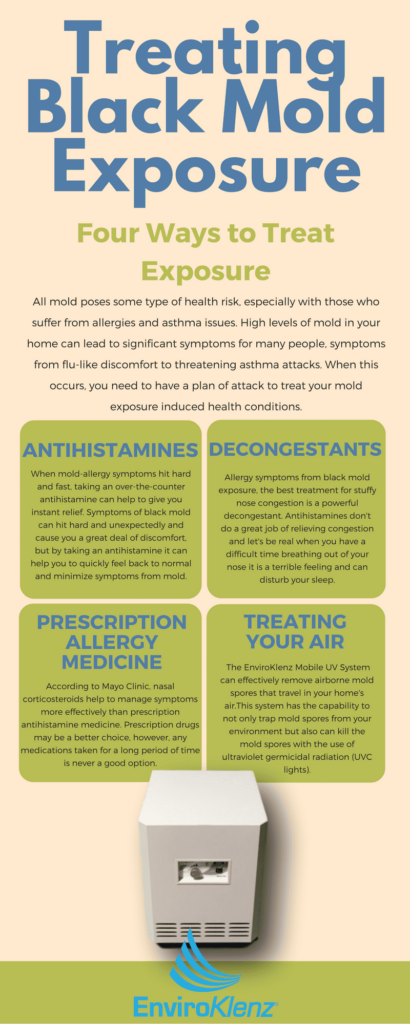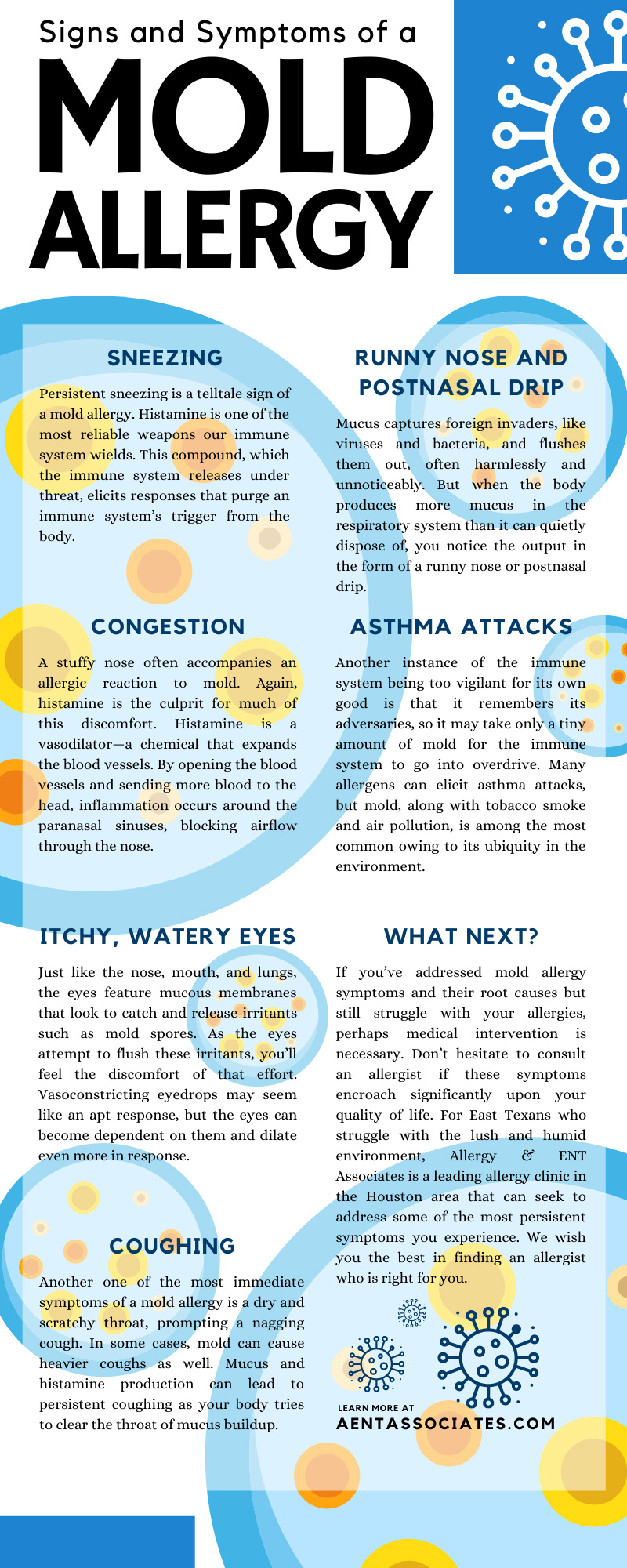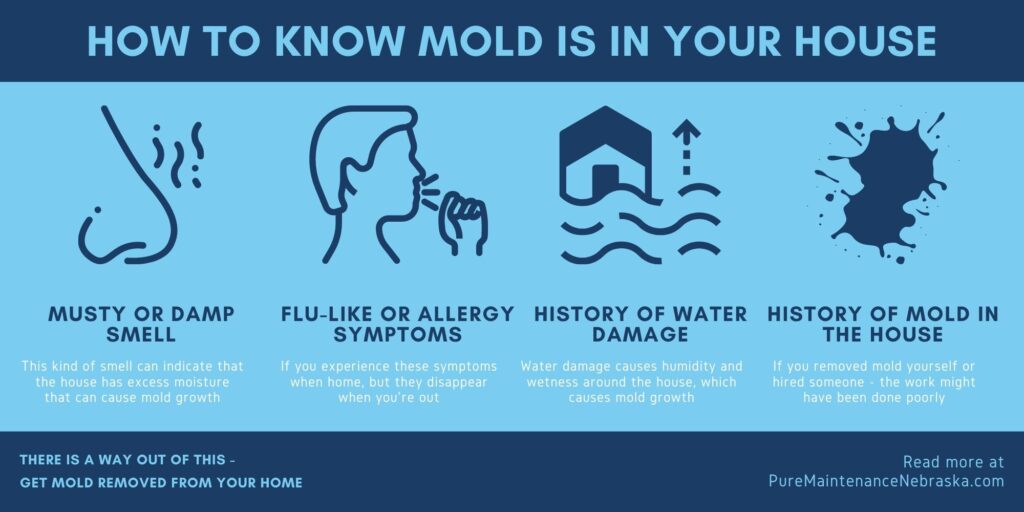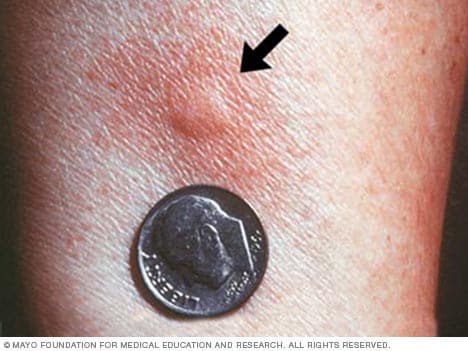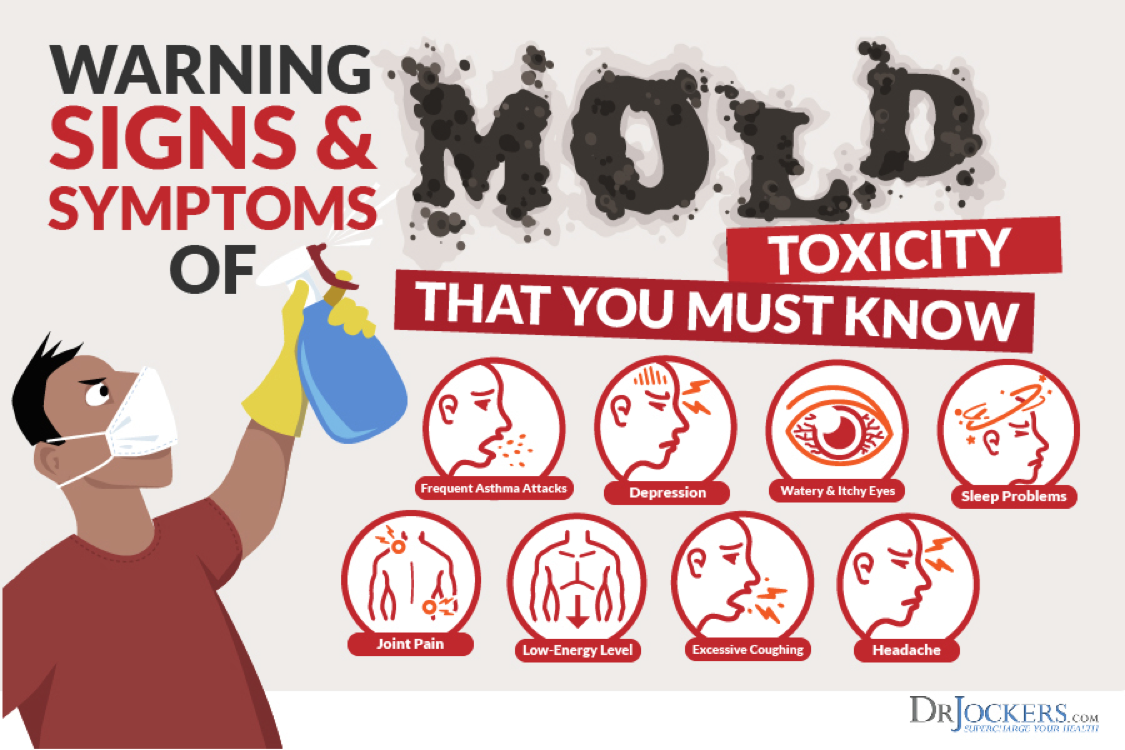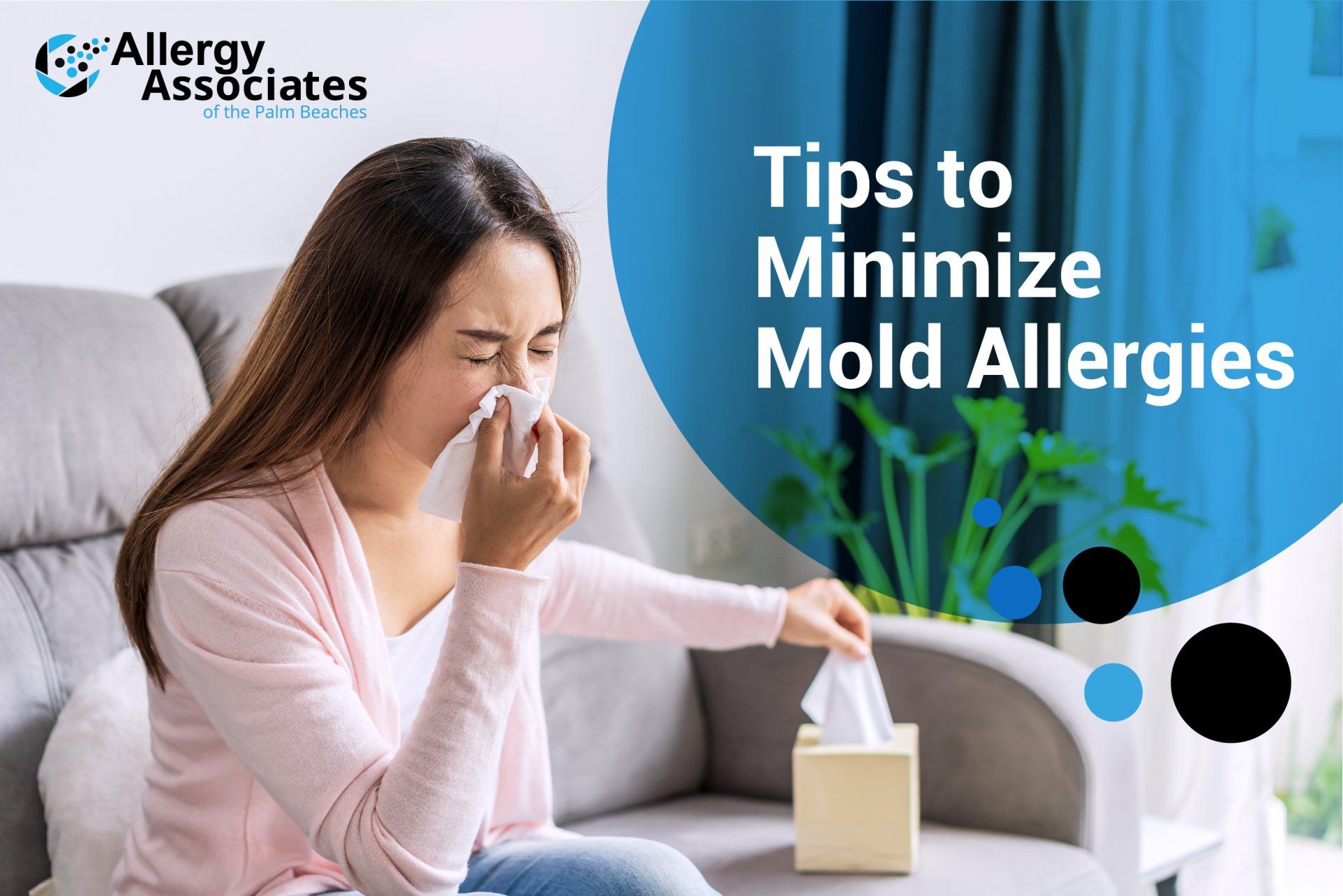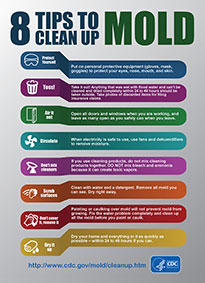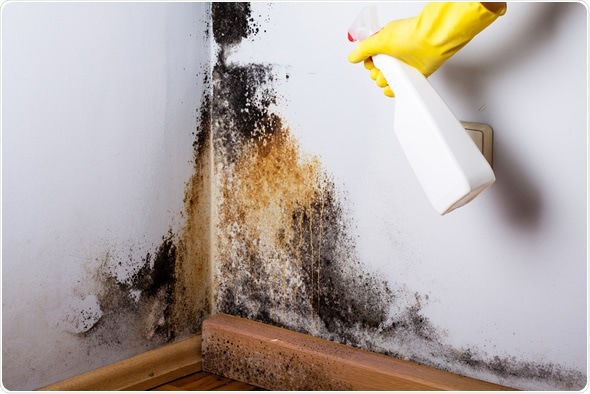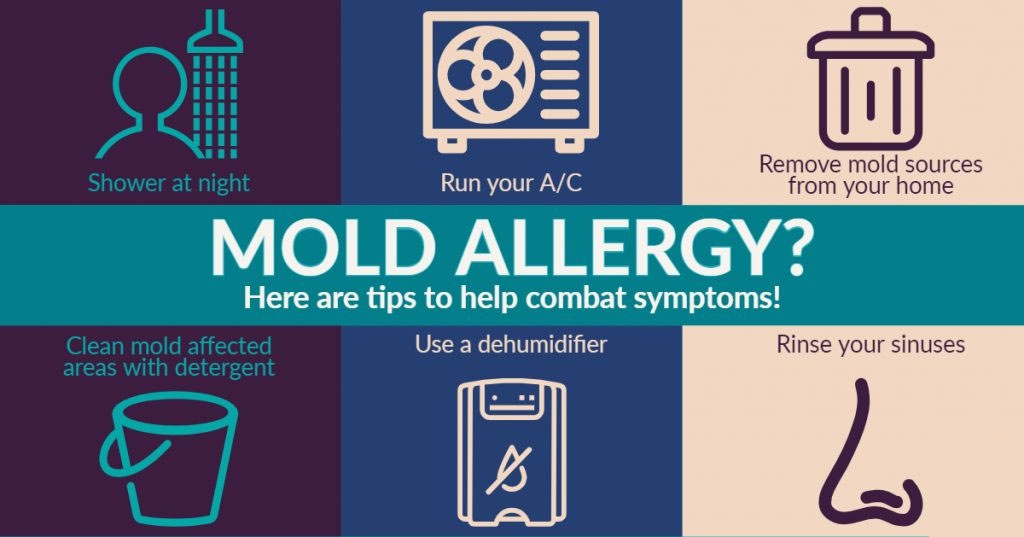Painstaking Lessons Of Info About How To Deal With Mold Allergies
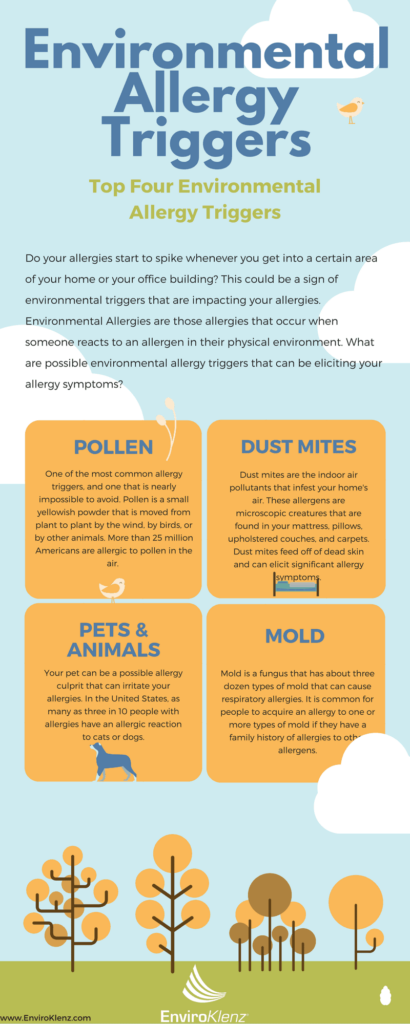
People who are allergic to mold should minimize exposure to airborne molds by avoiding wooded areas or activities like raking damp leaves.
How to deal with mold allergies. Avoid going outside or letting mold inside. Reduce your exposure to mold as much as possible by avoiding damp places and things like piles of wet leaves. For significant inflammation or for hives, corticosteroids may be prescribed.
Also avoid outdoor activities on. Here are some steps you can take at home to lessen the likelihood of mold. If youre planning to be around potential.
Sleep with your windows closedto keep out outdoor mold. Mold allergy treatment may include decongestants, antihistamines, or other medication to relieve symptoms. One of the most important ways to manage a mold allergy is to avoid mold.
It can even result in serious health conditions developing. Aside from avoiding the trigger foods listed above that could make your ragweed allergy symptoms worst (sunflower seeds, chamomile tea, melons, cucumbers,. Mold is likely to grow on very humid days or on damp days after rain, so try not to go out on these days.
To reduce mold growth in your home, consider these tips: Those who have allergies from these kinds of foods are likely suffering from food allergies rather than mold problems. Allergies aren’t a condition that is normally.
Prevention, management, and treatment of mold allergies are the most important measures to take in minimizing unpleasant symptoms. Eliminate sources of dampness in basements, such as pipe leaks or groundwater seepage. Ad learn more about mold allergy triggers & find out ways to reduce exposure.

